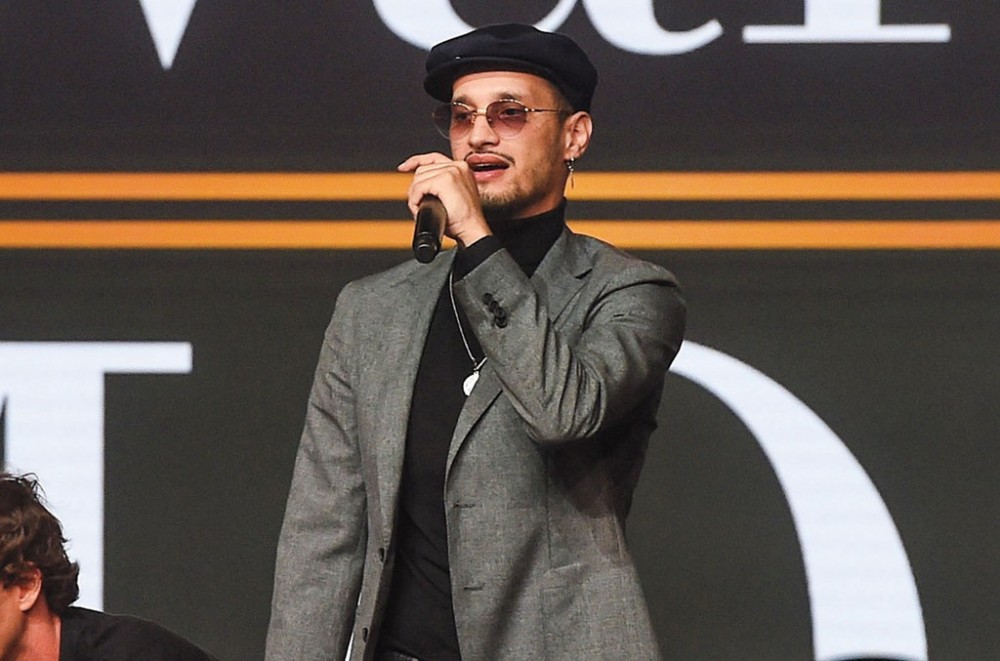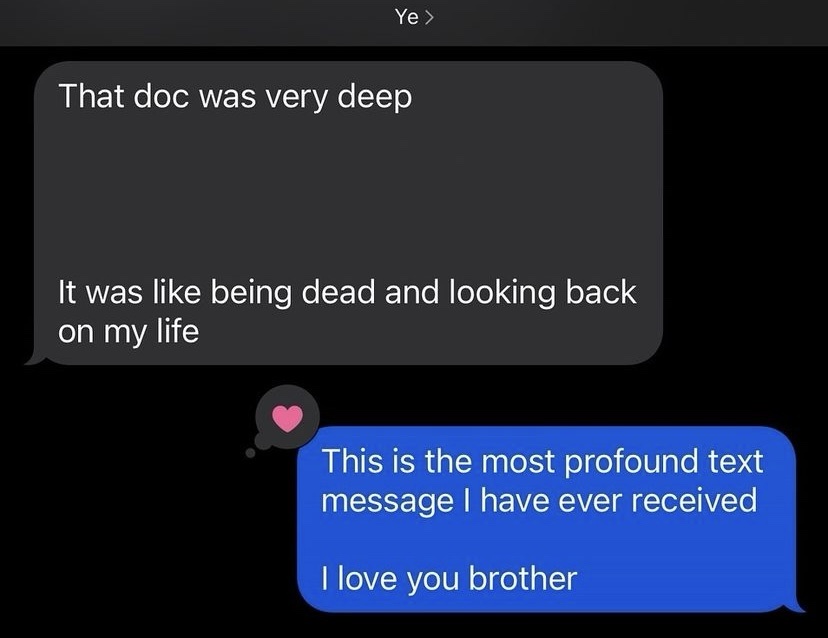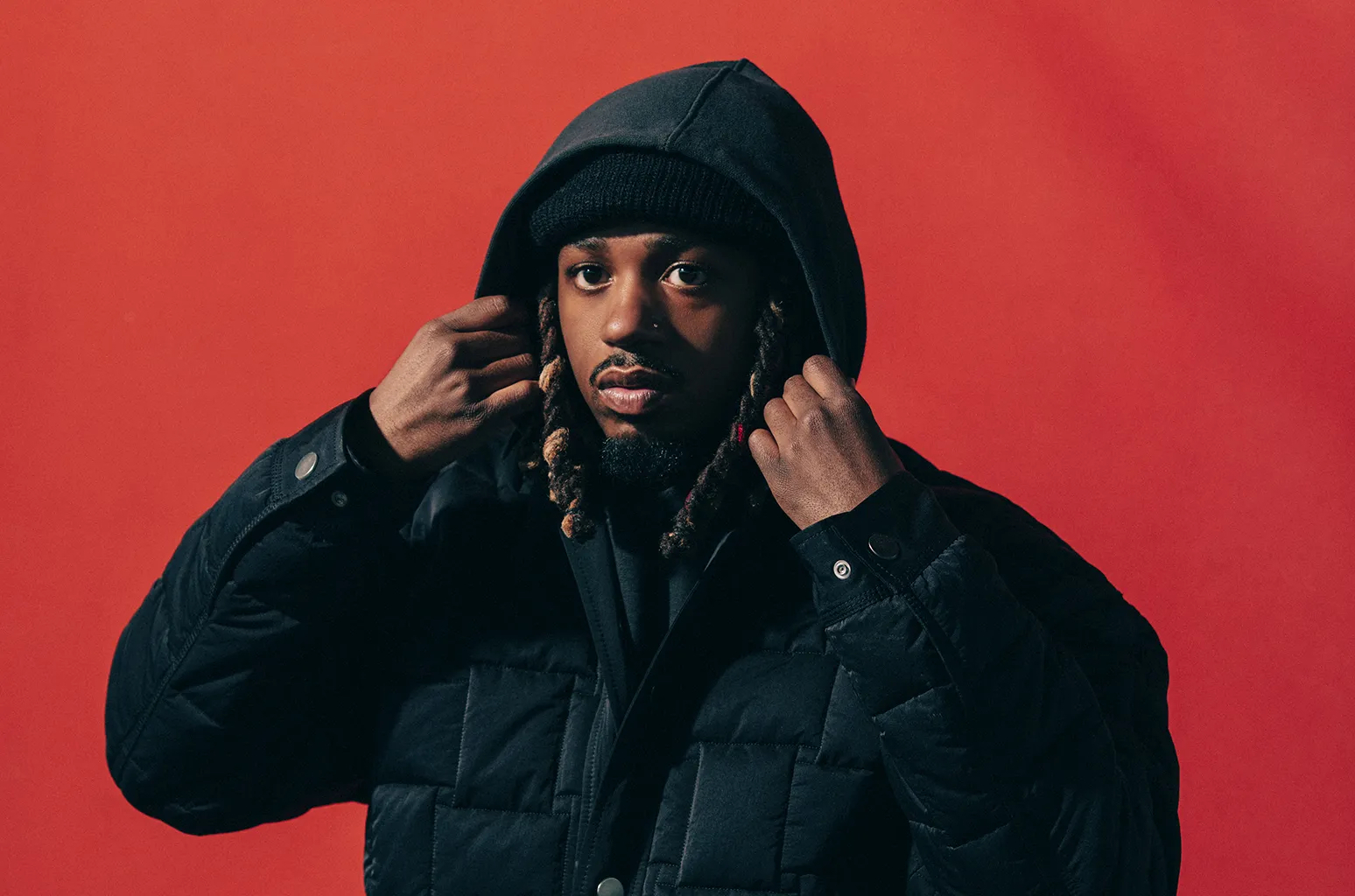Before finding his footing as Soolking, the artist born Abderraouf Derradji first worked as an acrobat, a dancer and even drummed in a rock band. Once he moved to Paris in his mid-20s, though, his career finally took off. Now, fresh off the release of his second album Vintage, the 30 year old is already getting to work on its follow-up.
Born and raised in a northern suburb of Algeria’s capital, Derradji grew up in the middle of a civil war. He first worked as an acrobat and dancer, later discovering rappers like 2Pac, The Notorious B.I.G. and French rapper Booba. Before founding a rap group of his own, which had relative success in Algeria, he had drummed in a rock band. By 24, he moved to Paris, where he lived and worked illegally — sometimes in restaurants, or by selling cigarettes on the street — and created music on the side. “I paid for my studio sessions, was producing everything myself and paying for my advertisements on the internet,” he recalls. “It was a challenging moment in my life.”
In 2017, a year after adopting the moniker Soolking, the rising rapper was performing in small venues and releasing songs online, eventually catching the attention of Sofiane, one of the most famous rappers in France. Sofiane signed him to a recording contract with his independent label Affranchis, which in early 2018 inked a label deal with Capitol France. (Soolking is co-signed to Hyper Focal and has a license deal with Capitol France.) Around the same time, Sofiane invited Soolking — who fuses hip-hop with Raï, a form of Maghrebian folk music — to freestyle on Planète Rap, a popular hip-hop radio show in France. Soolking sang “Guérilla,” a song about his story as an illegal immigrant, and the performance went viral. (The video now boasts over 250 million YouTube views.) Says Soolking: “The success of ‘Guérilla’ was the achievement of something I was trying to build for years.”
Soolking, who has nearly 6 million Instagram followers, is spending much of his self-quarantine in his Paris studio working on new tracks for a follow-up to his second album, Vintage, which arrived in March. He spent 2019 touring the Persian Gulf, Europe and Maghreb, and now, once the live industry resumes, he hopes to conquer the United States — even while singing in French and Arabic. “I have toured countries that do not speak my language,” he says. “That’s the strength of music. I want to make a sound that crosses borders.”
This article originally appeared in the May 23, 2020 issue of Billboard.


